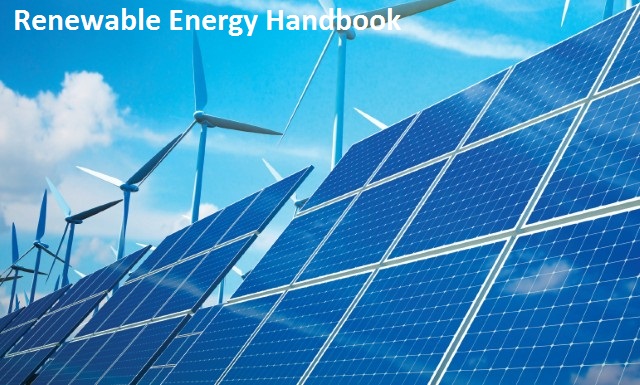2 mins read
Czech Republic Renewable Energy Handbook Analysis: Ken Research

January 5, 2025
Copyright 2023, IT Voice Media Pvt. Ltd.
All Rights Reserved

 The European energy sector has witnessed energy supply crises, emission cutting, changing energy markets, volatile prices, many more. The introduction of energy regulations to curb pollution on a global scale has increased drastically. Czech Republic lies at the heart of the European continent and it has contemporary trends in the energy sector. A mix of various energy sources such as nuclear, electricity and gas are witnessed in the country. Czech energy sector spent first more than a decade in reforming itself due to various political and economic reasons. Czech Republic’s renewable energy resources handbook has constituted policies with main priorities such as security, competitiveness, independence and sustainability. The handbook states that there is a need to build firm home basis of energy sources and securing the country against supply curtailments. The renewable energy sector policies remind the country to remain as self-sufficient as possible, stockpiling energy sources, rely on domestically produced energy and prolonging power supplies by increased efficiency of use. The report titled “Czech Republic Renewable Energy Policy Handbook 2018”, provides a comprehensive analysis of Czech Republic’s energy, energy efficiency measures in Czech Republic, trends in Czech Republic renewable energy policy, unorganized renewable energy sector in Czech, and technological advancements in Czech energy sector.
The European energy sector has witnessed energy supply crises, emission cutting, changing energy markets, volatile prices, many more. The introduction of energy regulations to curb pollution on a global scale has increased drastically. Czech Republic lies at the heart of the European continent and it has contemporary trends in the energy sector. A mix of various energy sources such as nuclear, electricity and gas are witnessed in the country. Czech energy sector spent first more than a decade in reforming itself due to various political and economic reasons. Czech Republic’s renewable energy resources handbook has constituted policies with main priorities such as security, competitiveness, independence and sustainability. The handbook states that there is a need to build firm home basis of energy sources and securing the country against supply curtailments. The renewable energy sector policies remind the country to remain as self-sufficient as possible, stockpiling energy sources, rely on domestically produced energy and prolonging power supplies by increased efficiency of use. The report titled “Czech Republic Renewable Energy Policy Handbook 2018”, provides a comprehensive analysis of Czech Republic’s energy, energy efficiency measures in Czech Republic, trends in Czech Republic renewable energy policy, unorganized renewable energy sector in Czech, and technological advancements in Czech energy sector.